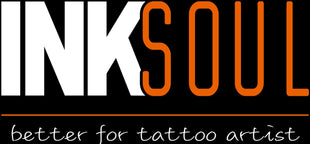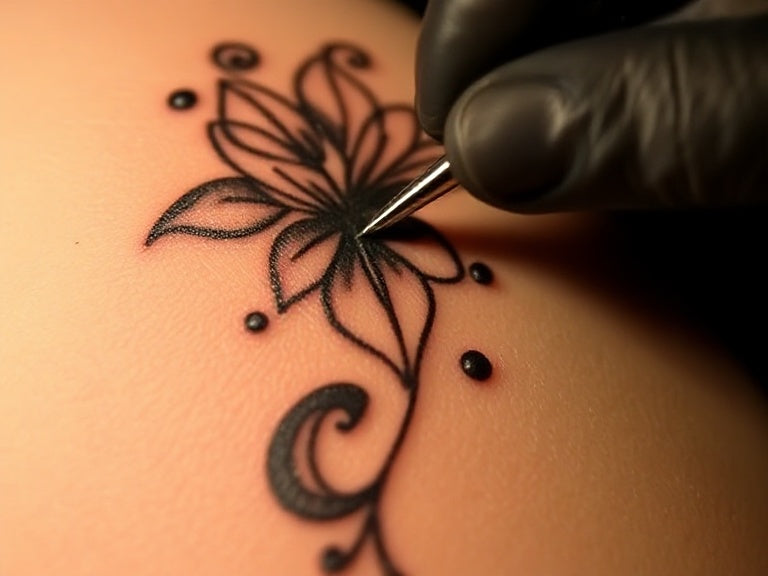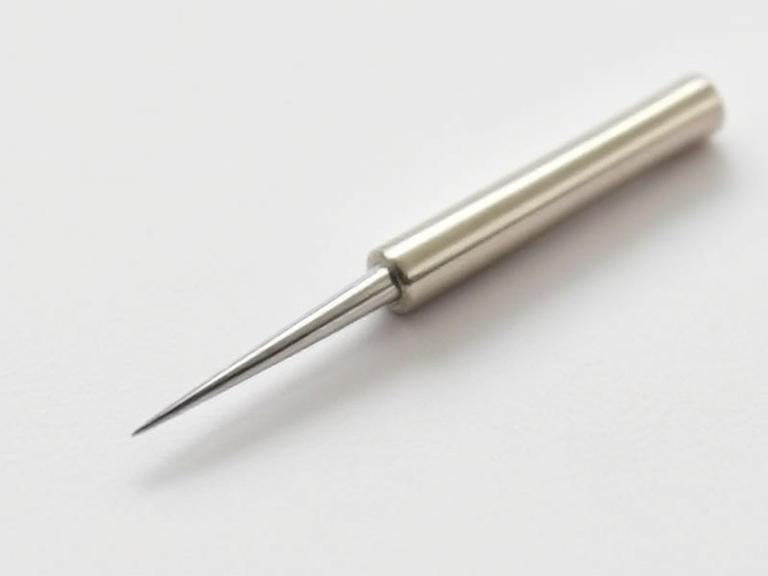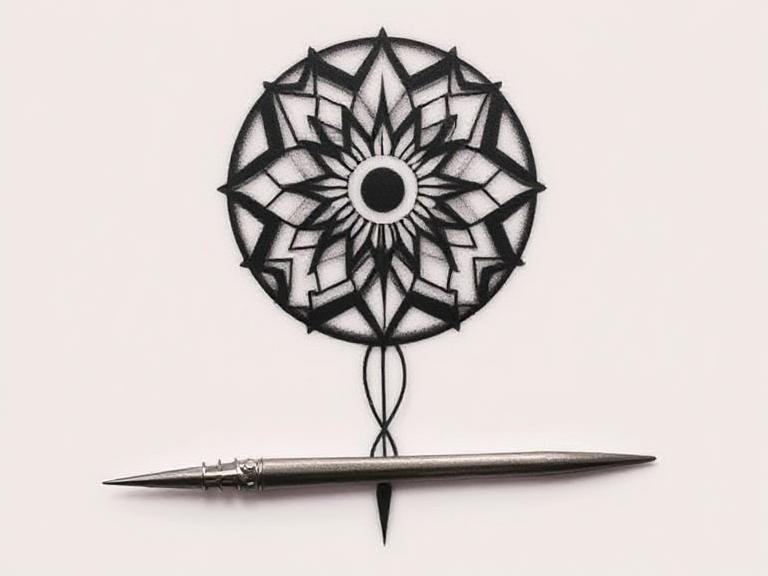Tattooing is a precise art, and one of the most critical factors for achieving high-quality work is needle depth. Understanding how deep to push a tattoo needle ensures consistent ink saturation, minimal trauma to the skin, and long-lasting results. With the help of premium tools such as Big Wasp Energy Rubber Cartridge Needles, artists can achieve exceptional precision and safety.

Table of Contents
- Introduction to Tattoo Needle Depth
- Skin Anatomy and Needle Penetration
- Recommended Needle Depth Guidelines
- Factors Affecting Needle Depth
- Big Wasp Energy Cartridge Needles Features
- Techniques for Proper Needle Depth
- Common Mistakes and How to Avoid Them
- Safety and Skin Care Tips
- Summary Table
- FAQs
- References
Introduction to Tattoo Needle Depth
Needle depth refers to how far the tattoo needle penetrates the skin during the tattooing process. Proper depth ensures:
- Optimal ink deposition in the dermis layer
- Minimal skin damage and reduced scarring
- Long-lasting results without excessive fading
Skin Anatomy and Needle Penetration
The skin consists of three primary layers:
- Epidermis: Outer layer, prone to quick shedding
- Dermis: Middle layer, where ink should be deposited
- Hypodermis: Subcutaneous fat, not suitable for tattooing
Understanding these layers is critical, as improper needle depth can cause ink to spread (too deep) or fade quickly (too shallow).
Recommended Needle Depth Guidelines
- Average penetration: 1.5 mm to 2 mm into the dermis
- For fine lines: 1 mm to 1.5 mm
- For shading: 1.5 mm to 2 mm, adjusted for skin thickness
- Always adjust depth depending on body location (e.g., forearm vs. back)
Factors Affecting Needle Depth
- Skin thickness: Thicker areas like the back require deeper penetration
- Needle type: Round liners vs. magnums have different depth requirements
- Ink viscosity: Thicker inks may require slightly more depth
- Machine settings: Adjust voltage or speed for consistent depth
- Artist technique: Hand pressure and angle influence penetration
Big Wasp Energy Cartridge Needles Features

- Series: BIGWASP ENERGY
- Configuration: Round Liner Cartridges
- Needle Diameter: #04=0.18mm; #06=0.20mm; #08=0.25mm; #10=0.30mm; #12=0.35mm
- Taper: Medium and Long Taper (XL, L, M)
- Box Quantity: 20 PCS
- Color: Gray
- Water Resistance: Water Resistant
- Shell Material: Soft Silicone
- Shell Color: Orange
- Benefits: Quieter operation, enhanced ink capacity, universal compatibility, leak-proof membrane
Techniques for Proper Needle Depth
- Start with a shallow test line to gauge penetration
- Use consistent hand speed and machine pressure
- Adjust depth based on skin elasticity and location
- Always keep the needle perpendicular to the skin surface
- Clean and stretch skin properly before tattooing
Common Mistakes and How to Avoid Them
- Pushing too shallow → results in faded lines
- Pushing too deep → excessive bleeding and scarring
- Incorrect needle angle → uneven ink distribution
- Inconsistent pressure → blotchy lines or patchy shading
- Solution: Use high-quality cartridge needles and follow depth guidelines
Safety and Skin Care Tips
- Always sterilize your equipment
- Use gloves and maintain hygiene
- Monitor skin reactions during tattooing
- Advise clients on proper aftercare
- Regularly inspect needles for wear and replace when necessary
Summary Table
| Needle Type | Recommended Depth | Best Use |
|---|---|---|
| Round Liner (#04-#12) | 1.5 mm - 2 mm | Lines, detail work |
| Magnum Shaders | 1.5 mm - 2 mm | Shading, filling large areas |
| Curved Magnum | 1.5 mm - 2 mm | Gradients, soft shading |
| Round Shader | 1.5 mm | Small shaded areas, soft transitions |
FAQs
1. How deep should a tattoo needle go?
Typically 1.5-2 mm into the dermis layer, depending on skin thickness and tattoo area.
2. Can Big Wasp Energy needles improve tattoo consistency?
Yes, their stability, leak-proof design, and enhanced ink capacity help maintain consistent results.
3. Are these needles compatible with all machines?
Yes, they are universally compatible with most tattoo machines and grips.
4. How do I avoid over-penetrating the skin?
Use proper hand technique, adjust machine settings, and start with a test line.
5. Should needle depth vary for different tattoo styles?
Yes, fine lines require slightly shallower depth, while shading needs a bit deeper penetration.



